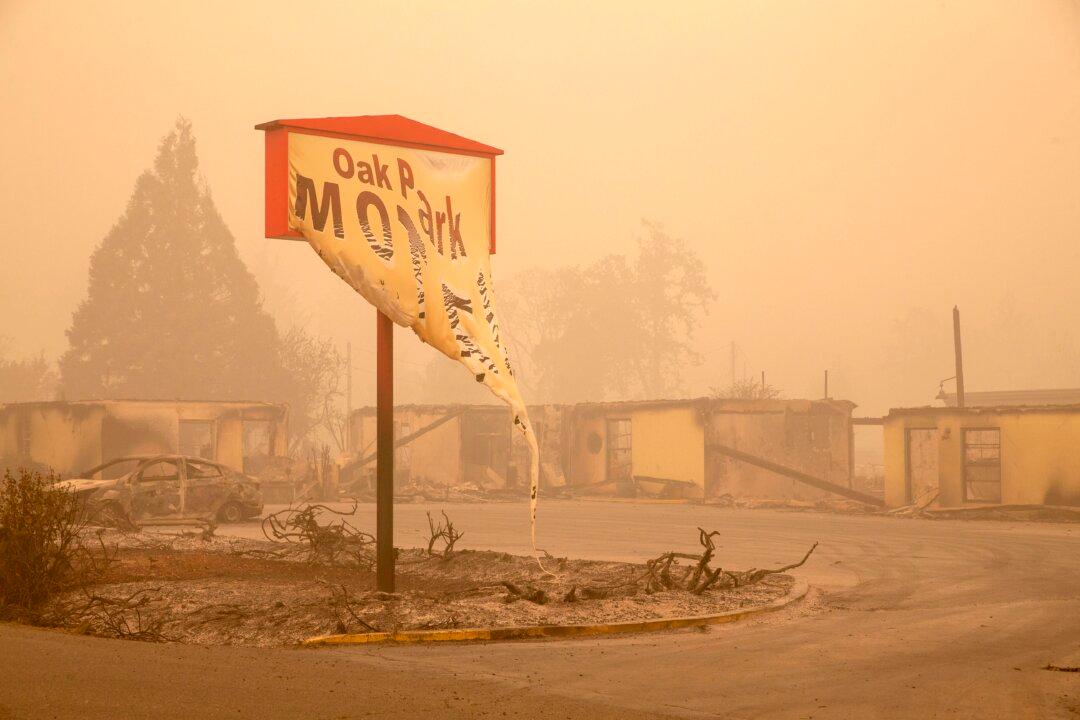Electric utility company PacifiCorp has been found liable by an Oregon jury for causing four devastating wildfires in the state in 2020.
The 12-person Multnomah County jury found the Portland-headquartered company—which is the state’s second-largest electrical utility—grossly negligent and its conduct reckless, and determined that PacifiCorp should pay out almost $72 million in damages to various victims, The Oregonian reported.




